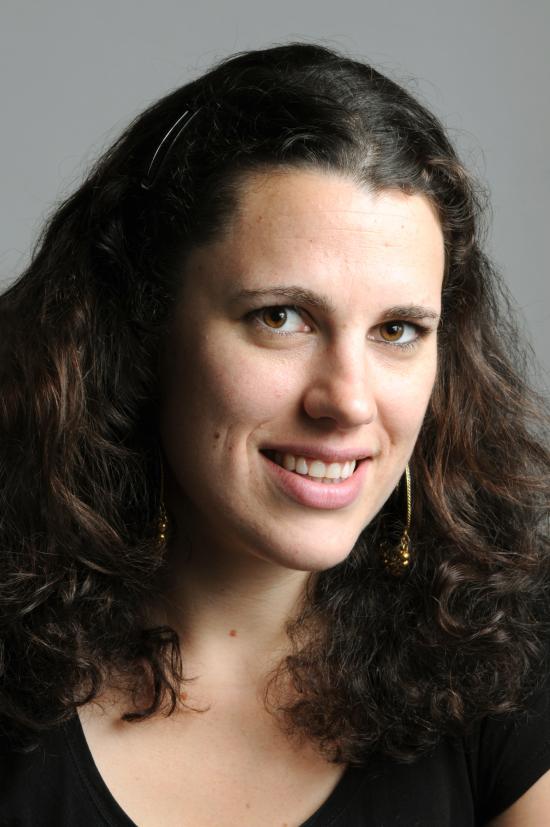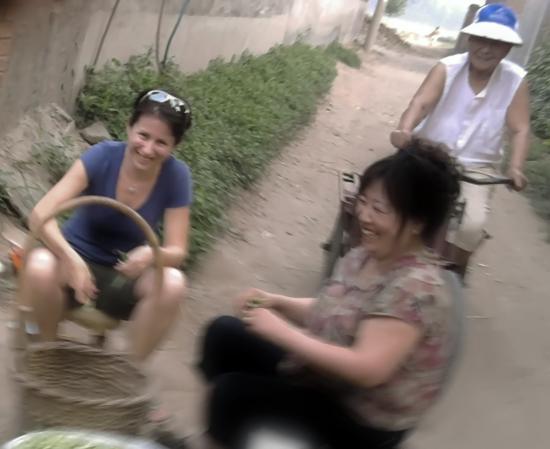Three Social Studies
Three papers to be presented at the 2011 Annual Meeting of the Society for Social Studies of Science (4S) in Cleveland, Ohio:
The women's connection: circulation and use of ICT between urban and rural China
Elisa Oreglia
The floating population of Chinese migrant workers who move from the countryside to the city to find jobs and then go back home after a few years, creates a crucial link between more developed urban areas and the mostly poor countryside. Women are a large part of this population, and they rely heavily on woman-to-woman social networks to move to the city, find jobs, and secure emotional support. Young migrant women are also keen users of information and communication technologies, which they use to maintain contact with their families, but also to maintain their city-based social networks. This talk, based on fieldwork in Beijing and in 3 rural villages, focuses on the nature of these networks and on the role that women play in bringing ICT and knowledge about ICT back to the countryside
Situation Reports and the Politics of Information Sharing in Emergencies (In The Politics of Uncertainty: Disasters and STS)
Megan Finn and Elisa Oreglia
A situation report, or sitrep, is a document commonly used by UN agencies, humanitarian NGOs, and other organizations involved in emergency response to disseminate information to/from relief workers in the field. The sitreps issued by the UN Office for the Coordination of Humanitarian Affairs (OCHA) face an impossible task - to circulate highly-politicized information about a disaster to the appropriate people in order to serve competing and conflicting goals under the banner of "coordinating" humanitarian response. By some people's judgment, this information system, which produces and distributes sitreps, has failed. To examine the complex information ecology OCHA sitrep belongs to, we conducted more than a 100 interviews with OCHA staff and sitrep stakeholders, as well as document analysis. On the basis of this data, we argue that traditional information management systems developed in business contexts to facilitate information sharing ignore the fact that no system can fulfill its implicit objective of representing a far away situation simply and accurately. We build upon the work of Lewis and Madon, who argue that information management in development-oriented NGOs must be understood from a different perspective than that of traditional economic organizations. We suggest that humanitarian organizations require a different framework for evaluating the utility of an information system, and we argue for (a) renewed focus on supporting rather than altering certain types of multi-channel information systems, and (b) implementing systems that represent multiple, imperfect perspectives on emergency situations.
"The Internet Is Here": The Virtuality of Online Communities in Physical Spaces
Stuart Geiger
In this presentation, I critique the concept of "online communities" by calling into question both of these core terms. I present cases from 4chan and Wikipedia to illustrate how conceptual issues arise when such groups converge in physical spaces — specifically examining claims of presence made when 'IRL' meetups occur. While still problematic, I argue that the term 'virtual' is far more productive than "online" to describe distributed groups of individuals who utilize many different kinds of tools, techniques, technologies, and spaces to interact.
Megan Finn, Stuart Geiger, and Elisa Oreglia are Ph.D. students in the School of Information.









